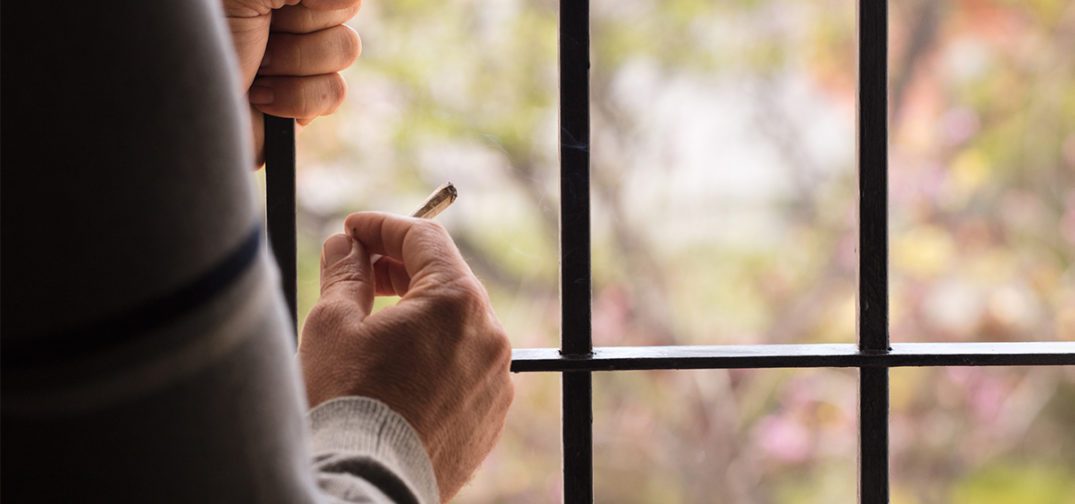The California Supreme Court has ruled incarcerated individuals cannot possess cannabis under the state’s 2016 adult-use initiative, the Associated Press reports. Overturning a lower appellate court’s decision and siding with the state Attorney General, the justices said the 3rd District Court of Appeal’s ruling allowing people behind bars could possess up to an ounce of cannabis went beyond “common sense.”
“It seems implausible that the voters intended to essentially decriminalize marijuana in prisons. We agree with the Attorney General that if the drafters had intended to so dramatically change the laws regarding cannabis in prison, we would expect them to have been more explicit about their goals.”—Associate Justice Joshua Groban in the decision
The case arose when five men were convicted of possessing cannabis in their cells, which was later overturned by the California Appeals Court saying although it was illegal to smoke or eat cannabis in prison, it was not illegal to possess. Other state appellate courts have disagreed with the 3rd District, however. Ultimately, the Supreme Court justices ruled against prisoners possessing cannabis in the 5-2 decision.
The lower court said prison authorities could outlaw cannabis like other substances such as alcohol, but an inmate’s sentence could not be increased for possessing cannabis behind bars. Groban disagreed, writing, “We are sympathetic to the view that (existing law) creates an extreme disparity between how our legal system treats the possession of cannabis generally versus the possession of such a substance inside a correctional facility. That is also true of many other substances, including alcohol.”
In a partial dissent, Associate Justice Leondra Kruger, said she believed prosecutors would have to change the way they filed charges for cannabis possession behind bars, describing the conundrum as a choice between two overlapping felony statutes with different penalties. In the dissent, she wrote that voters may have intended a “limited measure of leniency” for incarcerated persons despite the electorate not explicitly decriminalizing cannabis in prison. Additionally, she wrote that the court should have ignored the legality question based on how the appeal was presented, the AP reports. Only one other judge, Justice Mariano-Florentino Cuéllar, dissented from the majority.
Attempting to explain his decision, Groban said, “Some may well view an eight-year prison sentence for the possession of less than one gram of cannabis (one gram is the approximate weight of a single paper clip or a quarter teaspoon of sugar) as unduly harsh. The wisdom of those policy judgments, however, are not relevant to our interpretation of the statutory language.”
Get daily cannabis business news updates. Subscribe
End



